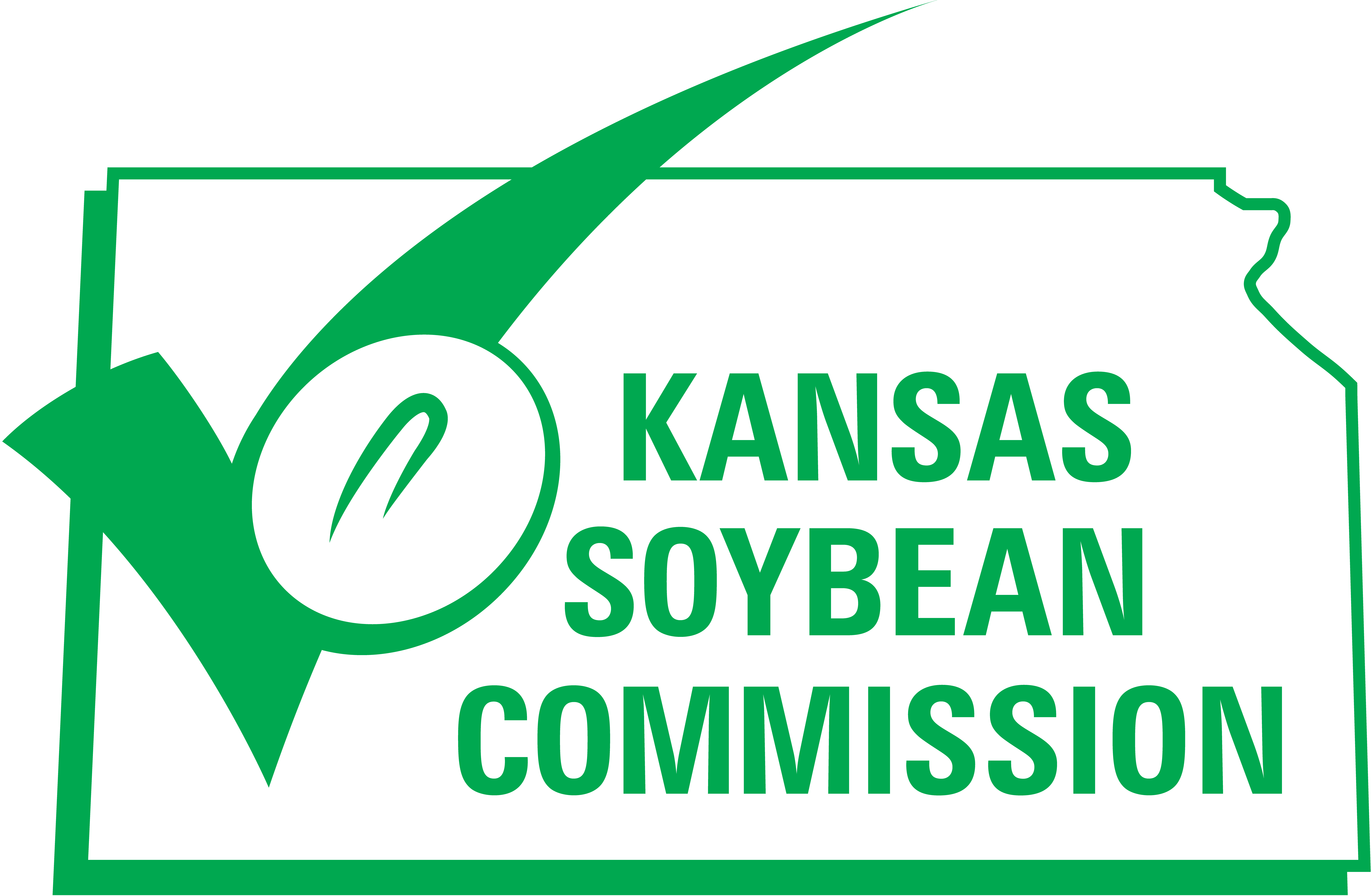Biodiesel
Biodiesel is America’s first, and currently the only, energy source to earn the title of “advanced biofuel” from the Environmental Protection Agency. Biodiesel may be used as a pure fuel or as a blend with petrodiesel. Biodiesel blends of up to 20 percent may be used in almost any diesel engine with no modification to the engine. Biodiesel provides horsepower, torque and fuel economy comparable to petrodiesel.
Because biodiesel is an organic compound, it does not contain elements, such as sulfur, that form harmful emissions. That makes biodiesel and biodiesel blends a cleaner-burning alternative to petrodiesel.
Biodiesel also acts as a better lubricant, reducing engine wear. Compared to petrodiesel, biodiesel blends even as low as 2 percent can add 60 percent more lubricity to fuel.
Nearly half of all soybean farmers use biodiesel or a biodiesel blend in their equipment. The soybean checkoff works to increase biodiesel usage among all farmers. If every U.S. farmer and rancher used just a 2 percent biodiesel blend, they would use 58 million gallons of pure biodiesel annually, which would use the oil from 39 million bushels of soybeans. By using biodiesel, farmers will not only experience the performance benefits of this homegrown, renewable fuel, but they also will help sustain demand for the crops they raise.
Nationwide, biodiesel contributes 63 cents to the price of a bushel of soybeans. The local effects also are tremendous. At 51 million gallons, according to the U.S. Department of Energy, Kansas biodiesel production generates employment opportunities for farmers, truck drivers, fuel marketers and others across the state.
With support from the soybean checkoff, NBB offers biodiesel producers and marketers the opportunity to participate in BQ-9000, a program to carry out an effective biodiesel quality-management system. All biodiesel producers are encouraged to contact NBB to participate in the quality-control program.
